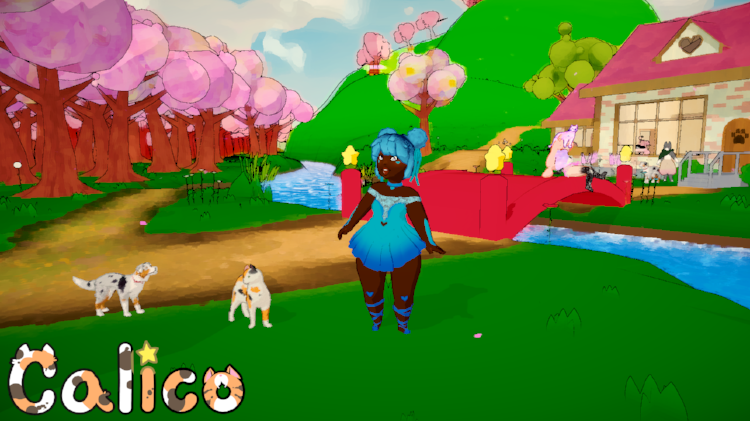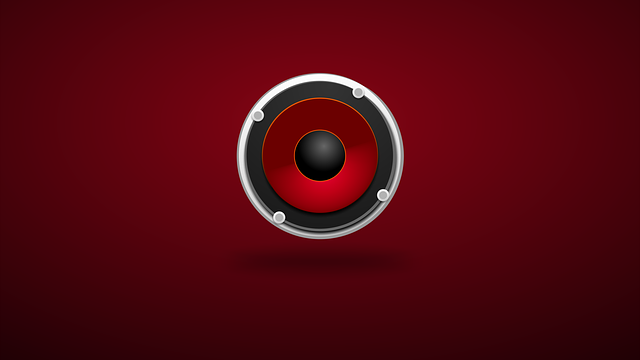If you’re working on your first game or perhaps you’ve done a few already but now you’re considering hiring a composer to work with you, this may feel like a big step! It could feel like a risk or a bit daunting to be bringing on someone new to the team, but it doesn’t have to be difficult or scary.
I’m a game music composer (see some of my music) and have worked with various indie game developers on their projects and have found it a very rewarding, fun and simple process. It could be this for you as well!
However, sadly not everyone ends up with a strong relationship with the composer of their choice, which is why I'm hoping that by having put together these tips and thoughts, it may help you with your hiring process and in feeling more confident in working with a composer.
Here are some top tips that I hope will encourage you to take that next step:
1. Identify what kind of music you want for your game
Do you have a certain type of music style in mind for your game? If not, don’t worry – as your composer could help you to decide on this with you. However, if you have an idea already of what you’re looking for – by knowing this and being able to articulate it – this will help you in your search for the right composer for your team and project.
If you aren’t sure about what kind of music styles are possible, have a browse through my game music examples to see if you like anything and also to see how they are labelled and what sorts of games they were created for.
Also see: 3 Mistakes to Avoid When Creating Music for Your Game
2. Establish your budget and what you are willing to spend on music
If you haven’t budgeted for music in your game – do so! If the budget is really small, then you’re probably looking for someone starting out in their composing career who could be willing to work for you for free or for exposure/credits, or perhaps royalty free music is your better option.
However, I would never recommend taking this route for your game if you’re serious about it and want it to be the best that it can truly be. If you have spent a lot of time, effort and energy of every other aspect of your game – then I would encourage you to invest that extra bit of money and time on the music – so that it compliments and enhances the overall experience for those playing your game. It would be a real shame after all of that hard work, for the music to let you down and to hinder just how good your game could be.
See my article on 5 Reasons to Invest in Great Game Music for some more thoughts on this.
3. Do your due diligence
When you’ve found a composer that you like the look or sound of – don’t just decide to work with them because they’re cheap, agreeable, local or whatever – do your due diligence!
Take a closer look at their website and portfolio. Do they have some decent credits? Do they have any testimonials? If they’ve not worked on any games before (look for a credit list), it will be risky for you to work with them. It’s better to work with someone that you can rely on and trust to get the job done and the job done well.
The last thing you will want to be doing is spending your time chasing up a composer who has disappeared, gone rogue or decided to use the music they’ve created for you elsewhere and on another project! It’s amazing what I’ve heard has happened, and so do be careful about who you choose to work with and who you let into your world.
This is one the main reasons why I put up testimonials on my website – to show that everyone I’ve worked with has thoroughly enjoyed their experience working with me and that it was hassle free and a very smooth, enjoyable process for them. This is the kind of feeling you will want to get from anyone you are thinking of working with.
Also see: 6 Ways to Spot a Bad Composer Before It’s Too Late
4. Brief your composer well
When working with a composer for the first time, this may be something quite new to you and is often an area that developers can struggle with. It’s about putting into words what you have in mind for the kind of music you want in your game, and it’s about helping your game music composer to understand your game better.
Further reading: How to Work Well with a Game Music Composer
5. Give feedback on the tracks
Remember that your composer isn’t a mind reader! They will need your help in understanding what works for you and what doesn’t in any particular music track. If what they’ve created isn’t perfect the first time, don’t worry – just be as honest as you can and provide as much feedback as you can about what you want and what needs amending / adjusting to get the soundtrack closer to what you want.
When I work with game developers or filmmakers, often they love what I create straight away and this is a brilliant feeling – but isn’t a given and it shouldn’t be an expectation! Working iteratively to get the sounds and the emotional impact right is the norm in this type of work and collaboratively process, so be prepared for that, be patient and be as descriptive as you can.
I hope that these tips help you to move forwards and to hire the right game music composer for you. If you’d like to discuss things further with me, I’d be very happy to hear from you: contact me now and we can get talking! You may also want to take a look at my article on 6 Ways to Pay a Game Music Composer. Enjoy!
About the author: Ninichi is a freelance indie game music composer and film music composer.
She creates music in a wide range of styles and has worked on a variety of projects - including making music for games, films, shows and more.
She is the in-house composer for games company Quinton Studios and is enthusiastic about indie projects.
Contact her to explore how she can help you with your game or project.
Follow her @ninichimusic















